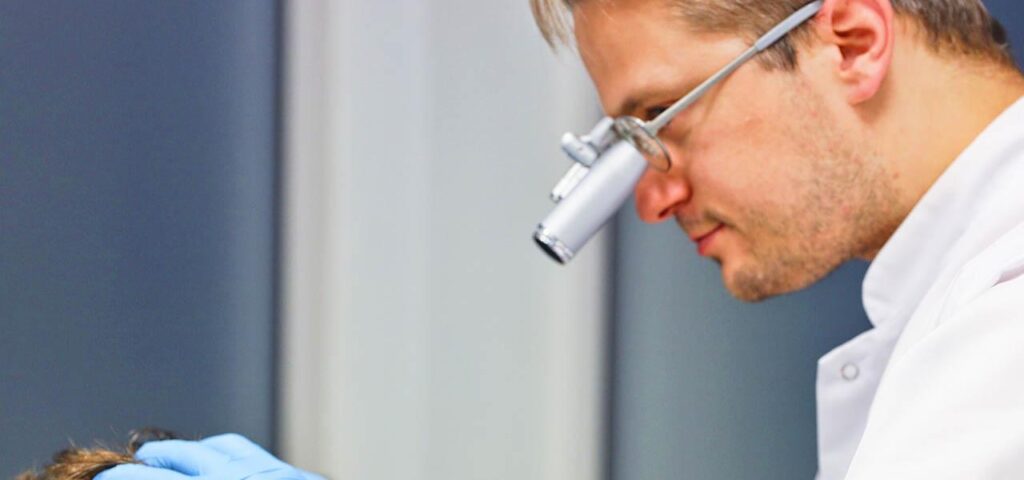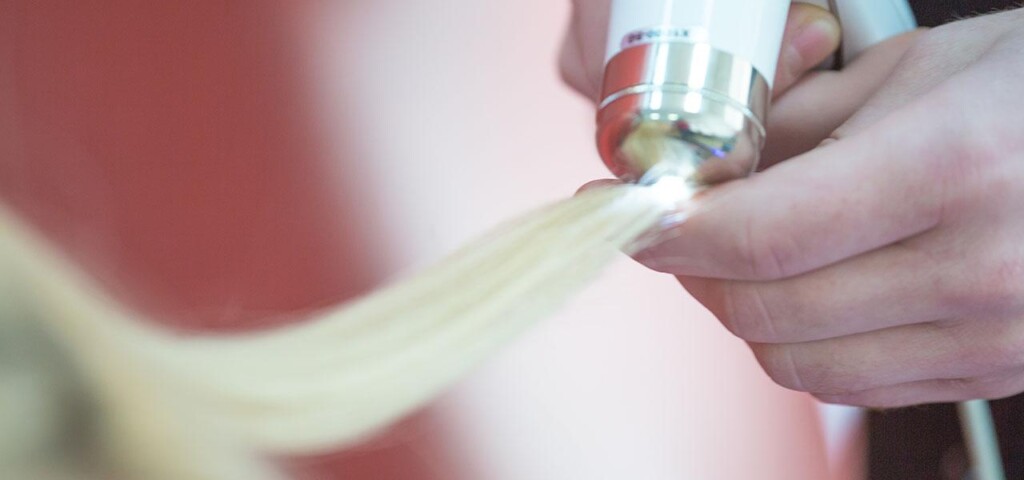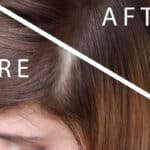Trichology is a field that deals with scalp disorders. The term trichology comes from the Greek word trikhos, meaning “hair.” The promoter of trichology was Enzo Formentini, professor and lecturer at the University of Bologna.
Is a trichologist a hair doctor?
It is important to emphasize that a trichologist in Warsaw, as well as in other cities, does not deal with other skin conditions affecting different parts of the body – as a dermatologist does, for example.
The field of trichology encompasses knowledge from disciplines such as cosmetology, cosmetology treatments, hairdressing, dermatology, and dietetics. Dr. Piotr Turkowski is an aesthetic medicine specialist with expertise in hair restoration surgery. In cooperation with dermatologist Dr. Katarzyna Osipowicz, he treats scalp diseases and also performs hair transplants.
Book a trichology consultation
What makes a good trichologist?
A good trichologist is someone with the right education, experience, and passion for working with hair and the scalp. The best specialists in this field can diagnose and treat various problems related to hair, scalp, and hair follicles, as well as recommend the most appropriate methods of hair care.
Besides expertise and skills, a good trichologist should also be communicative, patient, and empathetic toward patients. They should carefully listen to their needs and concerns and help select the best treatment and hair care plan.
It is also important for trichologists to continually expand their knowledge and skills and keep up with the latest trends and advancements in the field of trichology. This way, they can provide the highest quality of service and effective solutions for their patients’ hair problems.
What problems does a trichologist treat?
The role of a trichologist is to carry out a detailed analysis of the scalp condition, hair follicles, and the causes of hair loss. A trichologist diagnoses scalp-related diseases and selects the optimal hair care methods.
A trichologist deals with:
- hair growth problems,
- scalp inflammations,
- hair loss and alopecia,
- excessive oily scalp,
- slowed hair growth,
- mechanical and chemical hair damage.

The most important trichological test is trichoscopy, which is an imaging examination using a microcamera that allows up to 70x magnification. During trichoscopy, the trichologist can assess the condition of the scalp, the form of the hair follicle, and blood vessels. Accurate diagnosis allows the selection of appropriate treatments and medications to address specific problems.
What does a consultation with a trichologist look like?
A consultation with a trichologist usually starts with an in-office or online interview. The trichologist will ask questions about your health, lifestyle, and hair care routine. They will also want to know the history of your hair problems, such as hair loss, alopecia, seborrheic dermatitis, dandruff, or other issues.
Read more: What does a trichologist visit look like?
The trichologist may carefully examine your hair and scalp to check for signs of skin diseases or infections. They may also recommend tests such as blood work or hair composition analysis to identify the underlying causes of your hair problems.
After thoroughly assessing your condition, the trichologist can recommend various treatments or care methods to help improve hair health. They may also prescribe special cosmetics or dietary supplements to strengthen hair and stimulate growth.
A trichologist consultation is usually very detailed and helps diagnose and treat various hair problems. It is a good way to address hair issues and improve their appearance and condition.
Here is a list of trichologists at our clinic in Warsaw
| Specialist | Specialization |
|---|---|
| Dr. Katarzyna Osipowicz | Dermatologist, trichologist |
| Dr. Piotr Turkowski | Trichologist, surgeon |
| Dr. Konrad Szymański | Dermatologist, trichologist |
| Dr. Mariusz Sikora | Dermatologist, trichologist |
| Anna Jandzińska, MSc | Trichologist |
Center for Trichology and Hair Loss Treatment – OT.CO Clinic
Zgrupowania AK “Żmija” 12, 01-864 Warsaw
Dermatologist or trichologist for hair problems?
It depends on the type of hair problem. If the issue concerns the scalp, such as seborrheic dermatitis, dandruff, or maintaining a healthy scalp, then a dermatologist may be more appropriate. Dermatologists are experts in skin conditions, including those affecting the scalp that can influence hair health.
On the other hand, if the issue is directly related to hair – such as hair loss, brittleness, slow growth, or other problems – then a trichologist may be the better choice. Trichologists specialize in hair and scalp, diagnosing and treating hair-specific concerns. See how the collaboration between a trichologist and a dermatologist can help treat hair loss.
If you are unsure which specialist is right for you, don’t worry – at our Trichology Clinic in Warsaw, both dermatologists and trichologists are available.
Trichoscopy – computer-based hair examination
Trichoscopy is a digital method of examining hair. It is performed using a dermatoscope with computer software and a digital camera – known as a videodermatoscope.
Read more: How does a hair and scalp examination look like?
Trichoscopy as a diagnostic method was introduced by internationally renowned head of the Department of Dermatology and Venereology – Prof. L. Rudnicka.

One of the most important advancements that trichoscopy brings is the ability to non-invasively assess hair shaft structure. This means no hair needs to be pulled for examination.
Trichoscopic analysis allows observation and evaluation of hair structure at the epidermis, dermo-epidermal junction, and upper dermis levels. It assesses hair follicle openings, the surrounding skin, and microcirculation vessels. It also evaluates hair density and thickness.
It is recommended not to dye your hair or undergo permanent treatments a few days before the examination. Hair should be washed the day before, but no styling products (mousse, conditioner, gel, hairspray) should be used.
Trichoscopy is also very useful in differentiating between scarring and non-scarring alopecia.





Hello doctor,
Recently i got to know that i have alopecia
areata. Dermatologist or trichologist which one is best for hair loss and alopecia areata?
For alopecia areata, it’s best to consult a dermatologist, as they specialize in skin and hair-related conditions, including autoimmune disorders like alopecia areata. A dermatologist can provide a proper diagnosis and treatment plan, which may include corticosteroid injections, topical treatments, or other therapies.
Hi,
do you provide treatment for greying hair?
Of course, write to us to find out more.
Hi,
I have massive hair fall and my hair is thinning. I can see wider scalp and few parts are bald. Being a woman this is very hard digest and going through depression because of this.
Is there any solution without hair transplantation?
Please request to write me up.
Hello.
For women, we recommend to perform a full diagnostic of thyroid, hormones, iron, ferritin etc. Very often for women, hair loss is the result of certain deviations or deficiencies in body organism. High stress is also very important in this case. Prolonged stress period causes intensified hair loss. I recommend performing a full hormonal diagnosis to find the cause of your hair loss.